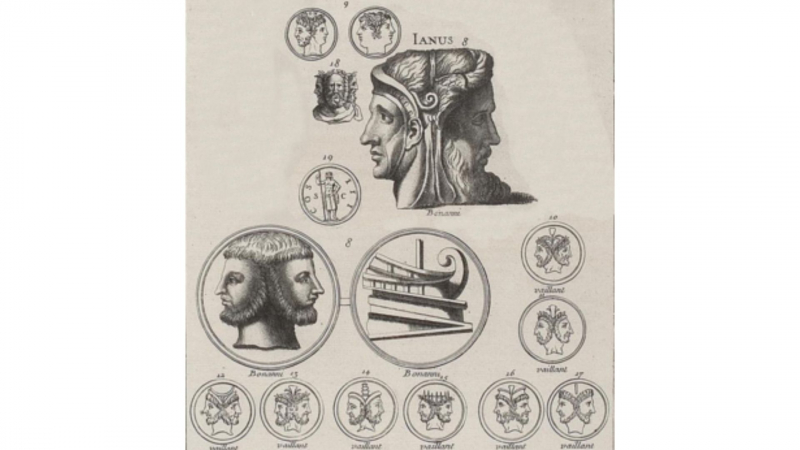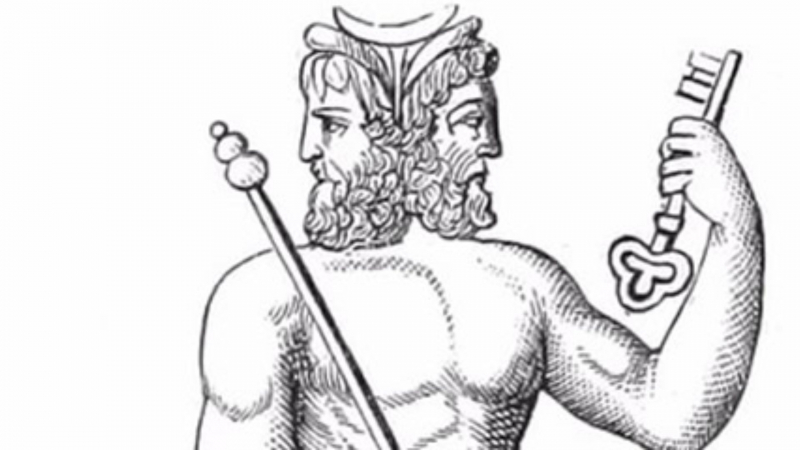The Myth Of Janus
The Janus myth concerns the Roman deity Janus, who is known as the god of doors, beginnings, time, changes, and duality. The month of January was given his name since his character had both the beginning and the end. Everyone would reflect on the previous year as its conclusion in January and simultaneously look forward to the coming year as its start. Even the gates of the temple built in his honor would open at the start of the conflict and close at its conclusion. As the god with two faces which are war and peace, he was seen as the one who started and ended conflicts.
This particular story, nevertheless, relates to the Sabine Women's kidnapping occurrence. According to tradition, Janus blocked Romulus's path by erupting a volcanic hot spring, saving the Sabine women who were being kidnapped. All of the would-be kidnappers for the Sabine women would be drowned in the spring's hot water. The Romans successfully captured 20 women, but Janus, who had this notion, was able to save many more.
One must be careful while studying tales about Janus to discern between those that are ancient and originally Latin and those that were subsequently given to him by Greek mythographers. With the exception of the myths relating to the nymph Crane Grane or Carna, whom Janus raped and transformed into the goddess of hinges as Cardea, and to Saturn, whom he welcomed as a guest and with whom he eventually shared his kingdom in exchange for teaching the art of agriculture, Ovid only mentions these myths in the Fasti. However, in the Metamorphoses, he describes how he fathered the nymph












